
China’s Expanding Footprint in Nepal: BRI, Cultural Diplomacy, and Geopolitical Implications
In a strategic move south of the Himalayas, China is intensifying its engagement in Nepal, particularly through the Belt and Road Initiative (BRI) and cultural initiatives. Observers note a notable shift in Beijing’s approach as the Tibet regional secretary of the Communist Party of China, Wang Junzheng, visited Kathmandu and Pokhara, signaling China’s direct engagement with a provincial government in Nepal.
Belt and Road Initiative and Regional Collaboration:
After six years of sluggish progress on BRI projects in Nepal, China seems to be adopting a regional approach. Wang Junzheng’s visit to Nepal is seen as a significant development, with his focus on implementing agreements signed during high-level visits between the two countries. The Tibetan delegation has pledged support for Nepal, especially in infrastructure and health sectors, and expressed interest in extending cooperation to the Gandaki Province.
China’s collaboration with provincial governments aligns with its broader strategy of mobilizing provinces to execute BRI projects. The proximity of Tibet to Nepal makes it a natural choice for leading BRI efforts in the region, highlighting Beijing’s regional focus and intent to execute the initiative along Nepal’s border.
Pokhara: A BRI Pivot and Cultural Hub:
Pokhara holds strategic importance for China, particularly in the context of the BRI. The Chinese side claims that the new airport in Pokhara was built with a loan from Beijing under the global connectivity project of the north, despite Nepali officials’ rebuttals. China’s interest in Pokhara extends beyond infrastructure projects, encompassing cultural events, competitions, and potential economic influence.
The recent surge in China’s activities in Pokhara, including the Pokhara International Mountain Cross Country Competition, reflects a multifaceted strategy. China’s involvement in organizing events and chartered flights to Pokhara suggests a concerted effort to showcase the city as a vibrant destination and mitigate controversies surrounding the Pokhara International Airport.
Complexities Surrounding Pokhara International Airport:
The controversies surrounding the construction of Pokhara International Airport, including allegations of corruption and financial irregularities, have prompted China to implement strategic initiatives to enhance the airport’s image. Hosting high-profile events and emphasizing cultural ties are part of a broader plan to solidify China’s presence in the region, despite ongoing challenges.
China’s assertion that the airport falls under the BRI adds another layer of complexity. While the concessional loan agreement did not explicitly mention the BRI, China consistently presents Pokhara International Airport as a flagship project of the initiative. This narrative raises questions about transparency and adherence to regulations in the airport’s construction and financing.
Cultural Diplomacy and Economic Influence:
China’s focus on cultural initiatives, language education, and citizen-to-citizen plans align with agreements made during Prime Minister KP Sharma Oli’s visit to China. China’s active promotion of language education in major cities, with plans to extend to rural areas, is coupled with assistance to Nepal’s security agencies. This integration aligns with President Xi Jinping’s Global Civilization Initiative and Global Security Initiative.
China’s economic influence in Pokhara and surrounding areas is evident through its active involvement in various projects and the establishment of Chinese businesses in the tourism sector. The Dragon Boat Festival, organized in collaboration with Nepali authorities, underscores China’s cultural outreach and economic presence in the region.
Geopolitical Dynamics and Future Implications:
As China aims to enhance its presence in Pokhara, geopolitical dynamics come into play. The ongoing investigation into the airport’s construction, coupled with China’s multifaceted approach, raises questions about the evolving role of China in Pokhara and its broader implications for Nepal’s geopolitical landscape.
The coming months are expected to provide more clarity on China’s evolving role in Pokhara and its implications for regional development, bilateral relations, and strategic interests. As economic implications and geopolitical complexities continue to unfold, Nepal finds itself at the crossroads of balancing its interests and managing the influence of external powers, particularly China.
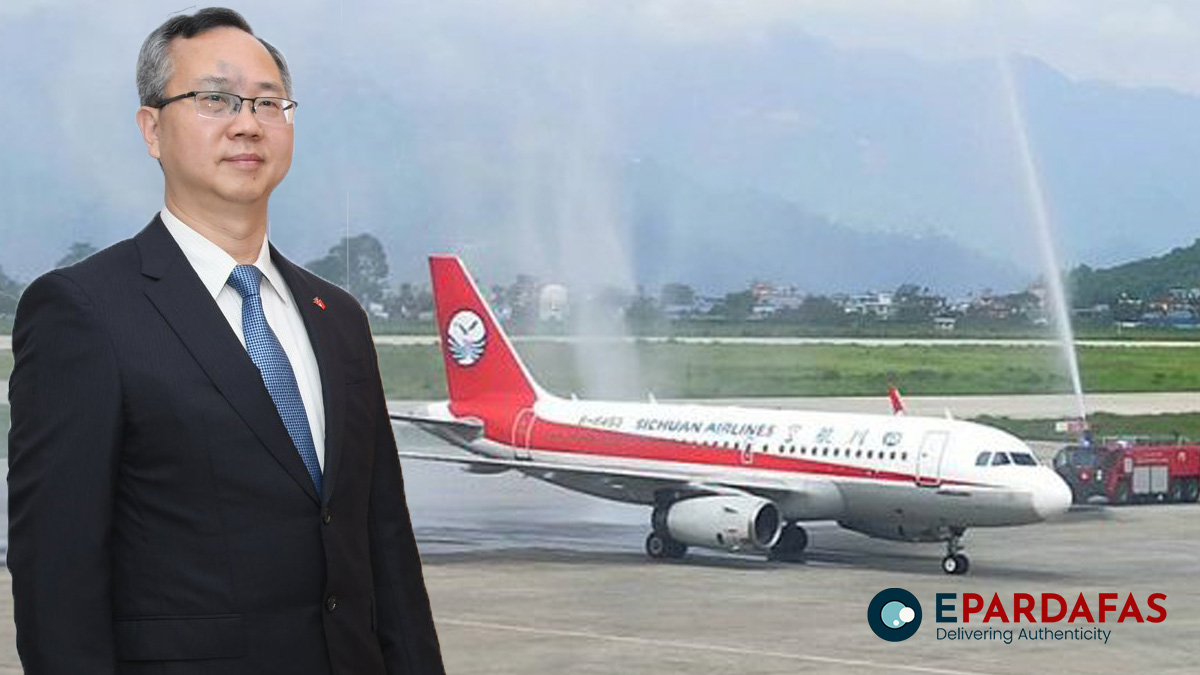
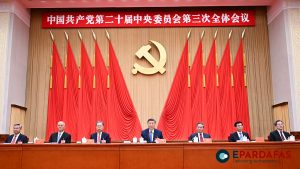

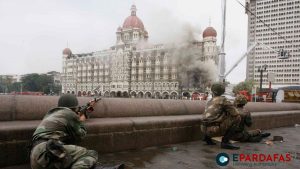

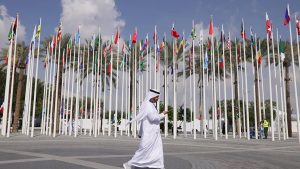






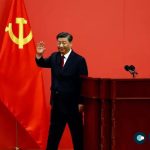
Comments